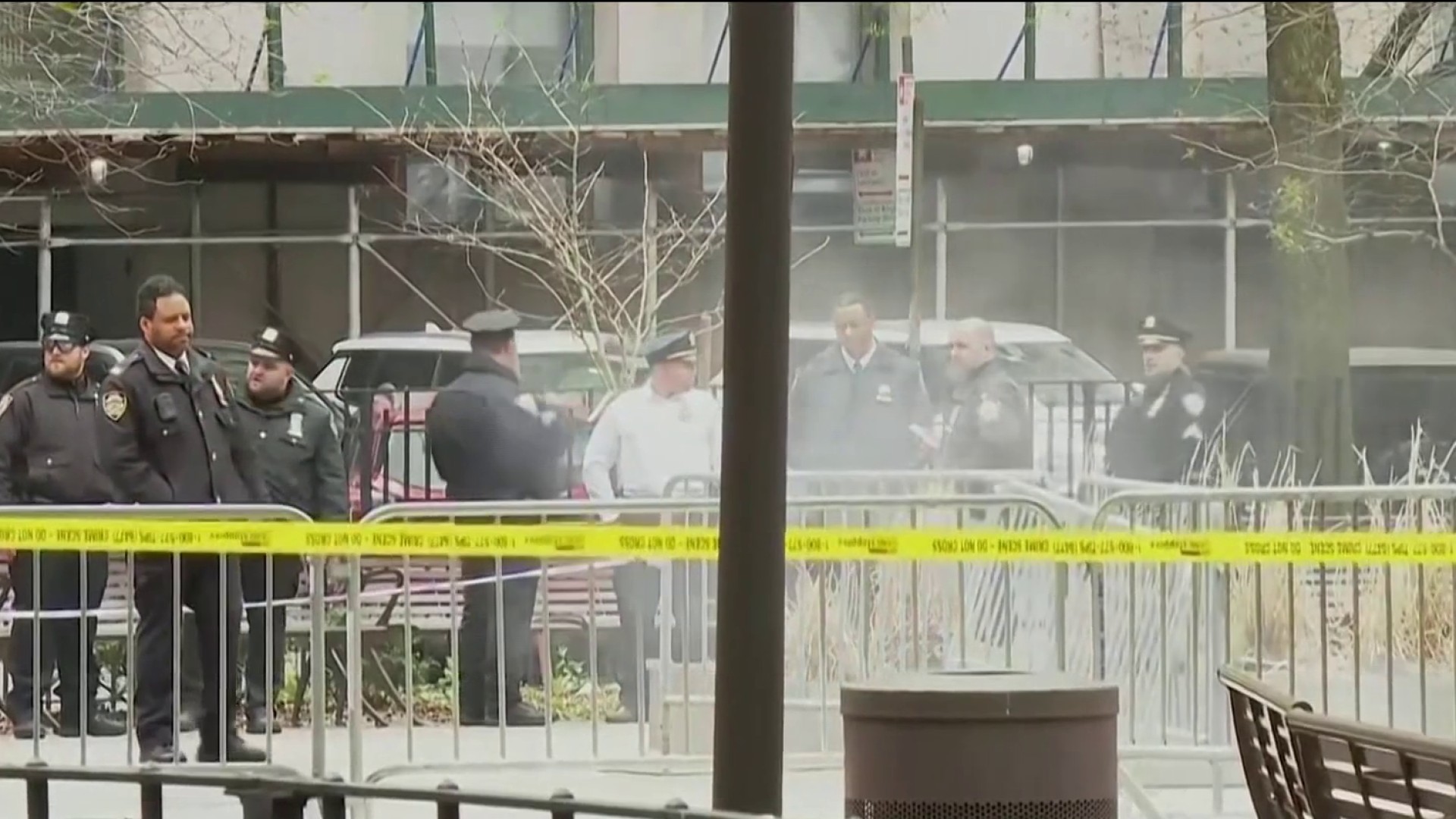A group of people who were trying to help a stranded whale in Gloucester, Massachusetts, could now face charges related to rescuing the animal even though they thought they were doing the right thing.
Officials with the National Oceanic and Atmospheric Administration (NOAA) said the group should not have touched the whale. However, numerous witnesses said they never touched the whale just the rock it was caught on.
“It was a tense half an hour and the tide was going out so and there was a sense of urgency to do something and we had no idea what to do,” said Lisa Carlson, who lives right across from where the whale washed up.
Officials with NOAA said their stranding coordinator, along with the harbormaster, were unable to locate the animal and hoped that it found its way back to the deep water safely. They said they appreciate the concern for the stranded whale but want people to call their hotline when the animals are in trouble.
In a statement NOAA said:
"We appreciate the outpouring of concern for this whale, and understand that it is very hard to watch a whale struggle. We are also very concerned when a whale strands, which is the reason many of us are in this line of work and that we have stranding response teams throughout the region."
Under federal law, specifically the Marine Mammal Protection Act, only authorized responders are allowed to interact with stranded marine mammals. Often, marine mammals strand because they are in distress, and a trained responder will best know how to evaluate and help the animal.
U.S. & World
Pushing an animal back into the water may delay treatment or response, and also limits our ability to gather important information to be able to best help. For example, an entangled minke whale was reported near Gloucester last week, so it would have been valuable to examine this whale for injuries and see if it may have been the same one.
Whales in distress can also be dangerous, as they are unpredictable and very powerful. People have been seriously injured or killed trying to help, which is another reason we ask that people wait for trained responders.
Officials said the best thing people can do to help a marine mammal in distress is to call the NOAA hotline at 866-755-6622 or the local stranding response partner and stand by the animal until help arrives.
NOAA said it's not their policy to confirm or comment on potential or ongoing investigations.
Meanwhile, people in Gloucester are outraged their neighbors could get in trouble for such a kind deed.
“I thought it was ridiculous. Because its something that everyone should be able to and if they are able to do it they should be able to do it,” said Emily Smayda–Kelley.
Mark Hayes the CFO of Ocean Alliance said there’s a good reason they don’t let people near whales. He said a lot of people don’t know that you need to keep the whale wet and protected from the sun, but you can’t let water get in its blowhole.
“There are a lot of things officials know about that the public isn't aware of,” said Hayes.
Hayes also contends that the men did not touch the whale, but he’s not taking a side on this one.
“I believe you had to do what you have to do in terms of saving a life,” said Hayes.



